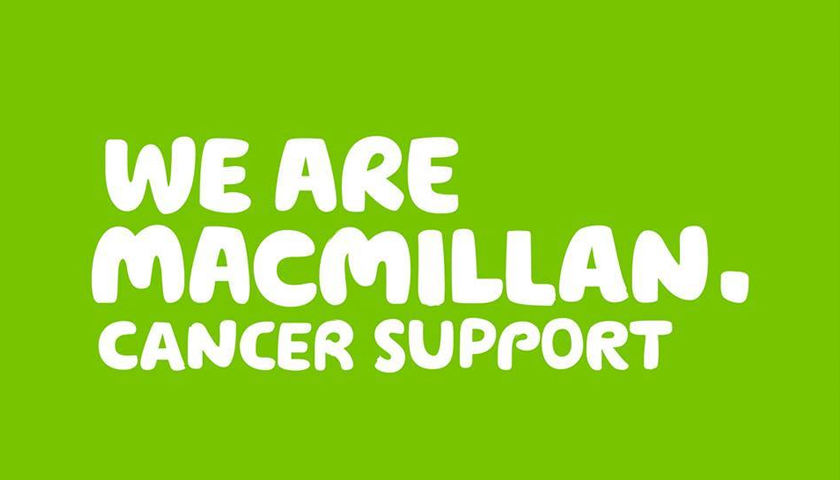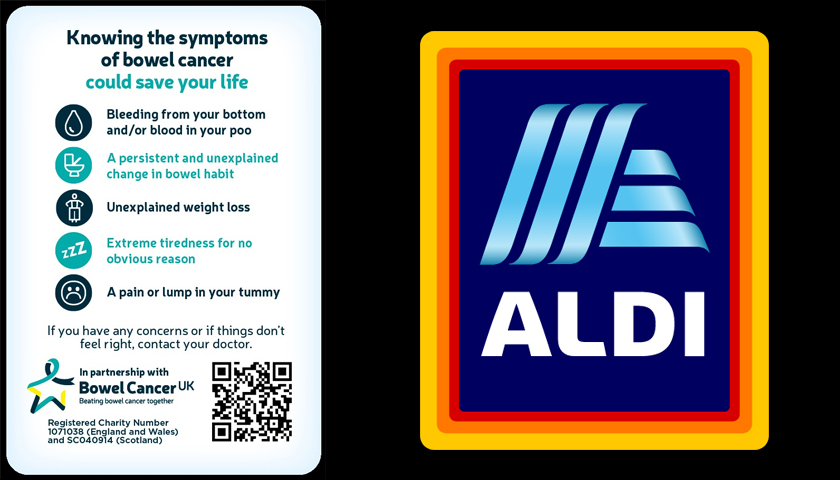The number of calls from people with cancer facing difficulties at work has shot up over two years — with some employers reported to be breaking the law — a leading cancer charity has revealed today.
New figures, from Macmillan Cancer Support, show a 74% increase in calls to its support line on a range of work-related issues such as discrimination and even dismissal, as a result of a cancer diagnosis.
A YouGov poll for the charity reveals that one in five (20%) employees who returned to work after cancer reported facing discriminatory treatment, such as demotion and worryingly more than a fifth (22%) of managers also have concerns about employing someone who has or has had cancer.
Macmillan Cancer Support, which relies solely on generous public donations, is now expanding its dedicated Work Support Service helpline to meet rising demand — with the charity receiving nearly 3,000 (2,987) calls about work issues this year alone.
It is also warning bosses they are breaking the law if they don’t provide the necessary support, such as reasonable adjustments, to employees with cancer — which is classed as a disability under the Equality Act.
While most of the 1,500 people polled (87%) who were employed when diagnosed with cancer said it was important to continue working after their diagnosis, employers’ ‘misconceptions’ add to the large number of difficulties already facing the 890,000 people of working age with the disease.
For example, more than a third (34%) of managers worry their employee would not stay long in the job and nearly a tenth (8%) fear someone could use their illness as an excuse not to pull their weight at work.
Around one in eight managers have concerns about the impact of the diagnosis on other staff, with some worried it could cause awkwardness (13%) or resentment (12%) among colleagues.
Sadly, the research also found some workers with cancer did experience a lack of understanding of their needs from their employer (9%) and colleagues (8%). Others even lost their jobs (4%) as a result of their diagnosis.
Former web developer Jordan Taylor, 24, from Telford, Shropshire, was diagnosed with testicular cancer earlier this year and said:
“Before I was diagnosed my colleagues felt like a family, but as time went on their attitude towards me completely changed.
“When I returned to work after treatment I was called into a meeting by my boss, who said performance was down in my absence and that companies had complained. There was no time to ease back into my role or any mention of reasonable adjustments to help me during recovery.
“Shortly after my return, I was told my whole team was facing redundancy. A few colleagues insinuated that it was my fault, even though I was ill — it was awful and caused me a huge amount of worry
Liz Egan, Working Through Cancer Programme Lead at Macmillan Cancer Support, said:
“We know how important it is to many people to work during cancer treatment, or return to employment afterwards, and this is entirely possible with the right support. Unfortunately, however, many bosses have misconceptions about employees with a cancer diagnosis.
“The rise in calls we have experienced to our helpline is staggering and shows just how vital it is that people with cancer have support and advice with their choices around work. We want to be able to support everyone living with cancer who needs us and are reliant on generous donations from the public to provide services like this.”
The charity is also helping thousands of employers through its Macmillan At Work scheme. As well as offering a free toolkit, resources and advice, the charity also offers specialist training sessions for line managers and HR professionals to help them feel equipped and confident supporting staff with cancer who want to stay in work during treatment or return to work after.
Macmillan Cancer Support and its team of trained work support advisors for employees with cancer can be called for free help and support on 0808 808 00 00 (Monday — Friday, 9am-5pm). Information is also available at www.macmillan.org.uk/work



